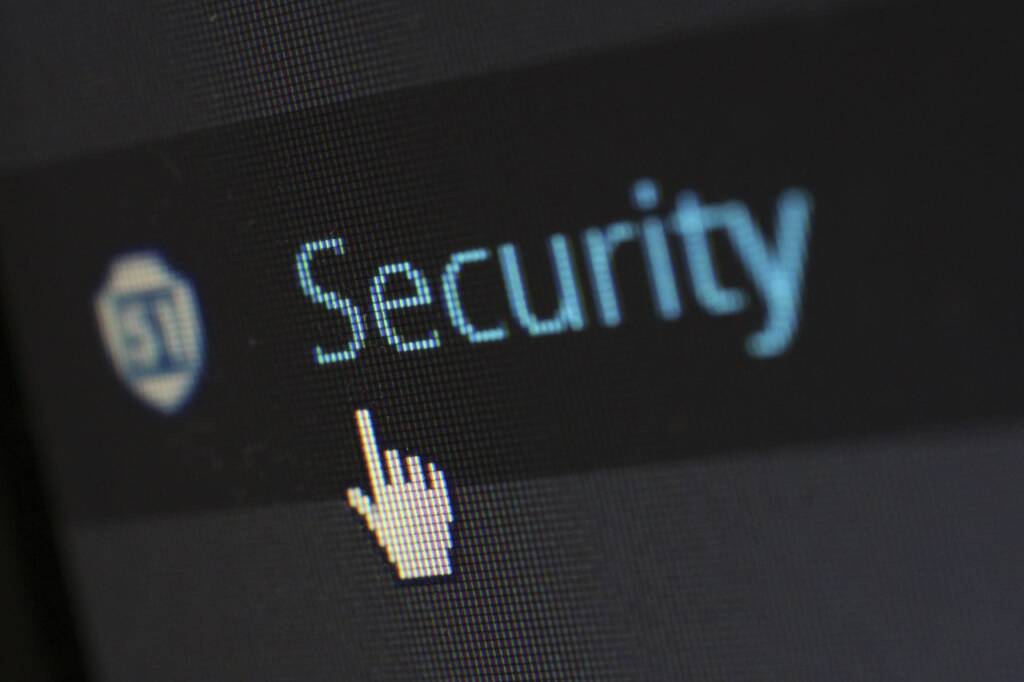Cybersecurity has been a hot topic for several years now, and for good reason. No business or individual is safe when it comes to hacking attempts and cyber-crime, and instances of data breaches or attempted hacks are making headlines on a more frequent basis than before. Since it’s the beginning of 2021, there are several cybersecurity trends to be aware of for business owners, employees, and individuals using the internet for personal reasons. Over the past year, businesses and their employees have been targeted more frequently with attempted attacks and this is set to continue. Some of the main things to be aware of include:
Working From Home Risks:
The COVID19 crisis has led to more people working from home than ever before. As a result, hackers and cyber-criminals have stepped up their game in order to try and gain access to sensitive business data through home Wi-Fi networks; an option that was not usually there before. Remote workers are often logging into business systems on home Wi-Fi that is typically easier to hack into compared to a secured business network. If you run a business and your employees are working from home during the COVID19 crisis, using a VPN to encrypt data and traffic is key.
Malware Attacks:
Malware is on the rise and one of the most common ways it is downloaded onto a computer is through email links and attachments. There are various types of malware out there, and one of the most common is spyware; a dangerous type of software that can find out about what you are doing on your computer and feed information back to hackers. Spyware could record your keystrokes, giving hackers easy access to your login credentials for all sorts of accounts without you even realizing it. This is why it’s so important to ensure that your devices are armed with a good first line of defense against this type of malicious software. A firewall and a good antivirus software package that is kept up-to-date is crucial to protect yourself.
Phishing Attacks:
Phishing has once again become a problem due to the COVID19 crisis. Hackers are constantly coming up with new ways to dupe people into handing over personal information or information on the company that they work for by posing as a trusted source. At the beginning of the COVID19 pandemic, we saw an increase in phishing attacks that were designed to look like they were coming from the government or medical professionals to gather private information on people. If you receive an email or text message you were not expecting, it’s important to act with caution – especially if the message is asking you to provide information or click a link. You can use Nuwber to reverse search email addresses or phone numbers that have contacted you to check that they are from where you thought.
Strong Passwords:
As hacker become even more skilled at guessing common passwords with software that can check hundreds of different options per second for customer and employee accounts, the need for strong passwords has never been as important as it’s set to be in 2021. This is especially true if you are working from home due to COVID19 and will be logging into your work accounts using home Wi-Fi. The best way to ensure this is by using a secure password manager that will come up with strong, unique passwords that hackers will find extremely difficult to crack.






